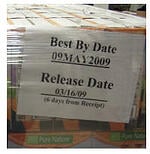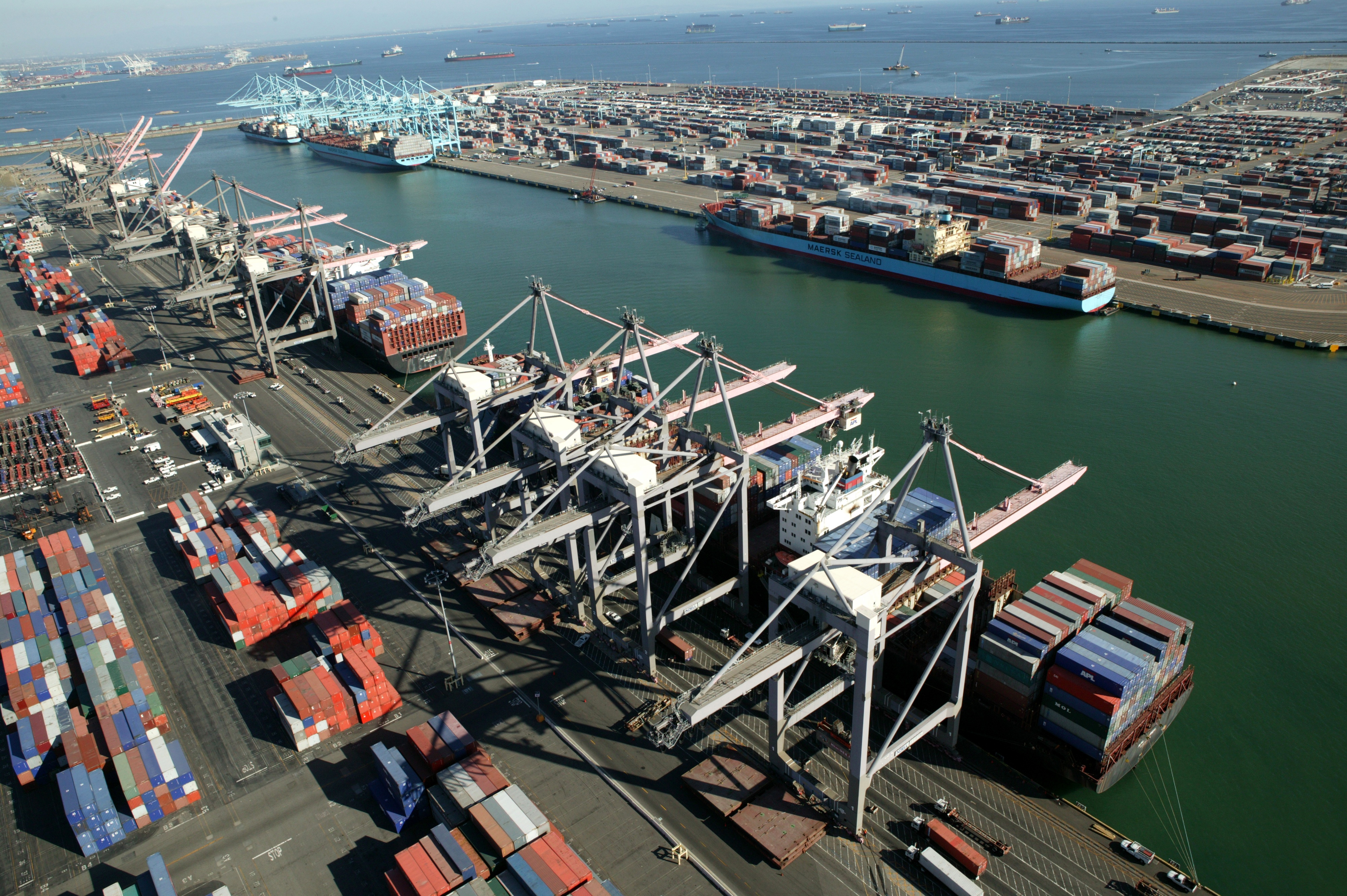 You know the perils of food logistics. Let your guard down, and a truckload of perishables turns into an unsellable mess. Or you get stuck with racks full of canned goods nearing their sell-by date.
You know the perils of food logistics. Let your guard down, and a truckload of perishables turns into an unsellable mess. Or you get stuck with racks full of canned goods nearing their sell-by date.
The right 3PL can help you avoid those pitfalls in food logistics distribution. But how do you know which 3PL to trust with your food shipments? Here are five essential questions every food shipper should ask. These are covered in more detail in Weber’s new Insight Paper – Choosing a 3PL for Food Product Distribution.
1. Can the 3PL monitor and maintain temperature integrity throughout the food logistics supply chain? For temperature-sensitive products, a few degrees might spell the difference between a trip to market and a trip to the landfill. Suddenly, you’re writing off thousands of dollars worth of product.
2. Can the 3PL meet all your customers’ requirements for code date compliance, FIFO and other picking rules? While all your customers want to maximize product shelf life, each of them has different ideas about how to achieve that goal. Code date, expiration date, best used by date, FIFO, FEFO, LIFO—any of them might apply to a specific customer. And the rules might be different for different SKUs. Get the details wrong, and you could get stuck with product your customers refuse to take.
3. Can the 3PL help you reduce supply chain costs? Marketing food products is a low-margin business. To maximize profit, you need to minimize costs, and that means making your food logistics operation as lean and efficient as possible. Your 3PL should demonstrate how it keeps that per-case cost as low as possible with smooth, efficient warehouse and transportation operations.
4. Can the 3PL meet government requirements for tracing food shipments? From the FDA to the USDA to the SEC, federal agencies have enacted a mass of regulations that describe how vendors of food for humans and pets must perform during a product recall. Even if nothing ever goes wrong with your product, you must be able to prove that you can track and trace any item by lot number. Companies that don’t meet government mandates can suffer significant penalties.
5. Does the 3PL have plenty of solid experience handling food products? Any 3PL can claim to have experience in food logistics, but how many transactions has the company handled, and for how many years? How many satisfied customers does it serve in the food industry? How many different kinds of food has it managed?
For more detail on these questions and how to tell the experts from the imposters in food logistics, download Weber’s new food logistics white paper.




 Capital Management
Capital Management